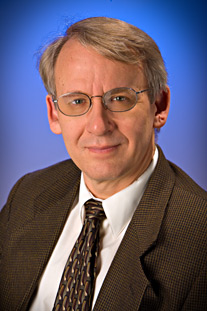Family Research Council Recycles Old, Offensive Anti-LGBT Arguments
The virulently anti-LGBT Family Research Council (FRC) is good at the reusing and recycling part, but not so much the reducing. The group’s website currently features a piece titled “The Negative Effects of Homosexuality” by Timothy Dailey in its “Trending” section.
Filled with anti-LGBT junk science and distortions of legitimate sources, the article appears to be lifted from the 2004 book Dailey co-wrote with FRC colleague Peter Sprigg, called Getting It Straight: What the Research Shows About Homosexuality. Specifically Chapter Four, which is titled “Is Homosexuality a Health Risk?”
The article makes myriad false claims, including that gay men are promiscuous and STD-ridden, that lesbians are “compulsive” and that gay and lesbian relationships are more violent than heterosexual relationships. The piece also claims “reduced lifespans” among LGBT people and says LGBT people are mentally ill. The article also makes a reference to “Gay Bowel Syndrome,” a term first coined in 1976 to describe a collection of ailments that was popularized on the anti-gay right by thoroughly discredited psychologist Paul Cameron. This term has not been in use among legitimate medical authorities since the 1980s.
Indeed, many of the sources the Dailey article cites have not been in use since then, either. The most recent source in the piece is dated 2001. “Trending”? Hardly.
FRC has a long history of making outrageous claims about LGBT people, and an equally long history of using either discredited and outdated sources to support them. They also distort legitimate research (see here, here, and here), even when those researchers demand that the organization stop using their work in such a way. The authors of one study cited in the Dailey article to support the FRC claim about “reduced lifespans” even issued a public statement about the misuse of their research by religious right groups.
But that hasn’t stopped the FRC in its ongoing misinformation campaign against LGBT people. For them, it’s reuse, recycle, repeat.


